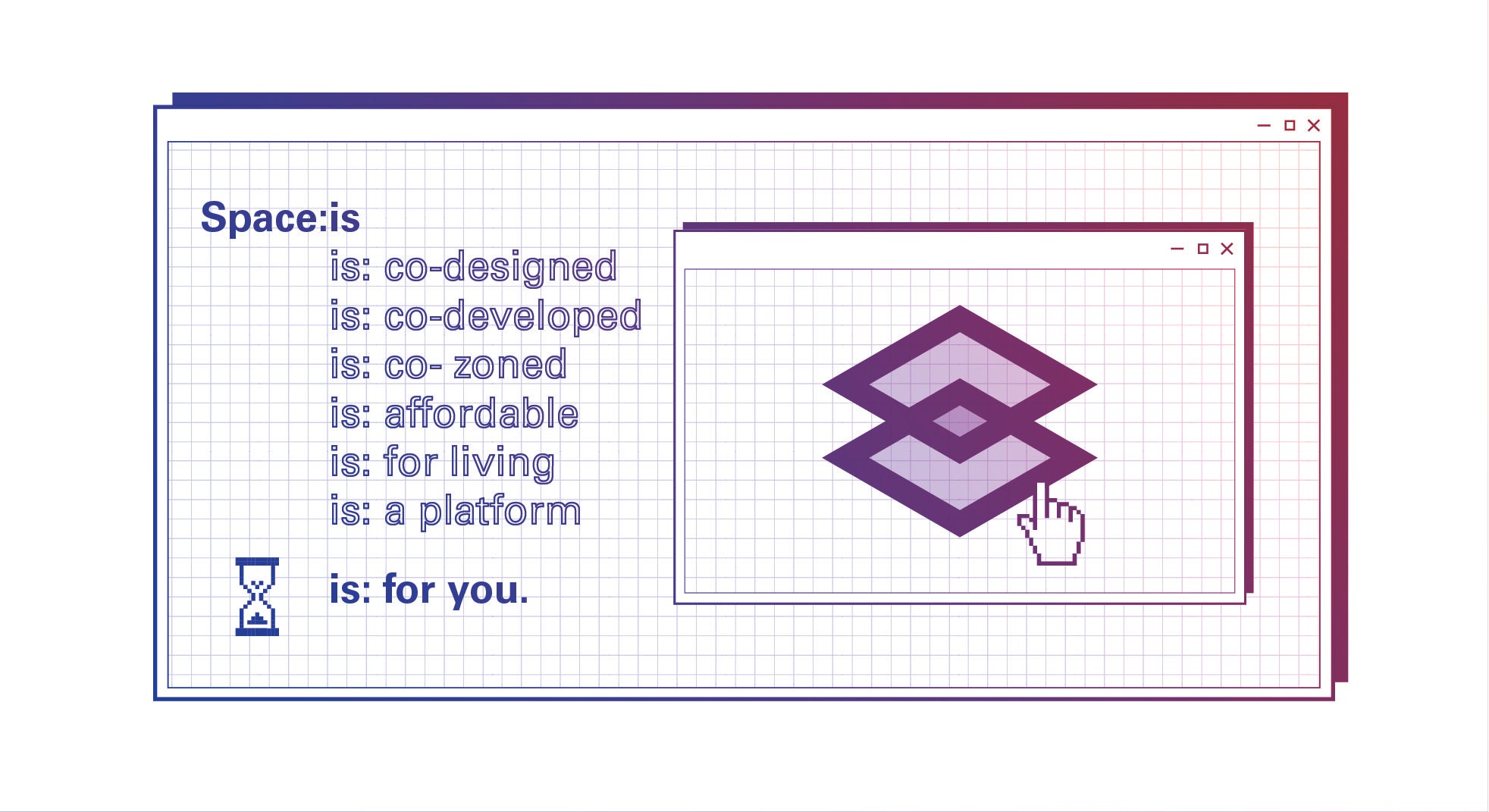Democratizing Residential Architecture: Platform Based Spatial Agency

Abstract:
The systems which produce residential architecture do not work to serve the needs of residents and instead have primarily become investment vehicles for capital growth. The conventional developer-driven approach is devoid of inhabitant agency especially for renters and first-time buyers. With an imbalance in power between speculative serial investors and home seekers, the hyper financialized architecture produced is at best reductively standardized and poorly constructed and at its worst socially discriminative and economically precarious which furthers societal inequity. This thesis explores how home seekers can reclaim spatial agency through collective action by using digital platforms to develop homes themselves.
Siting the application of this proposal in Toronto’s Yellow Belt, this thesis empowers the community to transform this large and underused area into a more equitable, democratic, and resilient neighborhood. Other high-agency housing procurement processes found globally, such as the Baugruppen (German) and Nightingale (Australian) models, are adapted for the context of Toronto and are modified to serve as a direct alternative to the speculative condo typology. By being actively involved in the design process, home seekers are empowered to leverage mechanisms normally controlled by developers. This co-zoning, co-development, and co-design process is assisted by communication and interaction strategies in the platform’s UI (User Interface), acting as a mediator for communication between stakeholders. The proposed platform is developed through analysis of previous participatory design methods pioneered by Yona Friedman, Nicolas Negroponte, and Cedric Price.
The targeting of Yellow Belt properties for both policy and future development, when combined with digital platforms to ease communication between stakeholders, produces a participatory design method that can be mobilized to deliver residential architecture that accommodates a gradient of spatial needs. The goal in giving design agency back to the larger public is to reintroduce the functional specificity found in vernacular dwellings so that new development prioritizes the needs of future inhabitants instead of capital, while also increasing the effectiveness of the densification process in urban contexts. The resultant architecture is one of greater spatial agency, increased financial accessibility, and higher quality spaces for inhabitants. Navigating participation theory, multi-actor communication mediation, policy making, development practices, and digital platform design, this thesis proposes a step towards a viable future where urbanity becomes a project for all.
The examining committee is as follows:
Supervisor:
Jonathan
Enns
Reader:
Maya
Przybylski
Internal-external:
Adrian
Blackwell
External:
John
van
Nostrand
The
defence
examination
will
take
place:
May
4,
2021,
10:30am
to
12:30pm
EDT,
open
defence.
Teams
link
available
via
the graduate
student
Learn
page
or
by request.
The
committee
has
been
approved
as
authorized
by
the
Graduate
Studies
Committee.
A
copy
of
the
thesis
is
available
for
perusal
in
ARC
2106A.